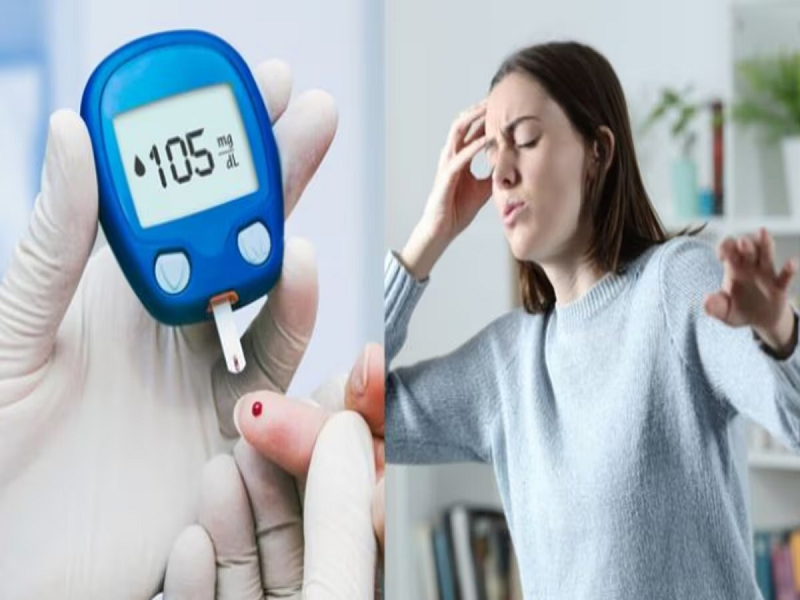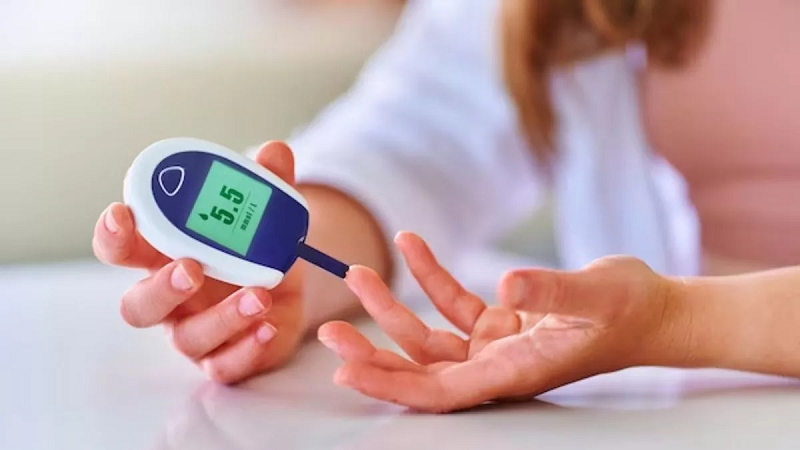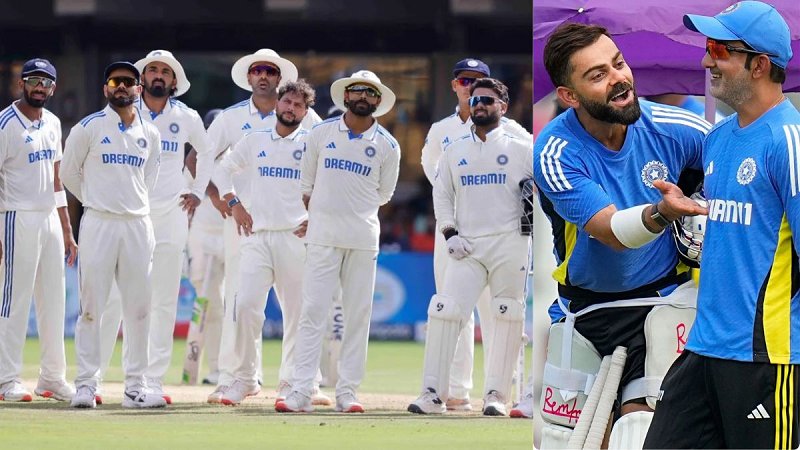Diabetes remains a global disease today, from which every third person in the world is suffering today, diabetes has not spared not only the elderly but also the youth and children. Once someone gets diabetes, it remains for life, only you can manage it. Diabetes causes increased levels of sugar in the blood. This excess sugar comes mainly from the sweet foods we eat, which provide energy to our body when digested. This process depends heavily on a hormone called insulin. When insulin levels fall or are insufficient, the body fails to convert sugar into energy, due to which the body starts deteriorating. In such a situation, we should be aware of its early symptoms, let's know about them-

Types of blood sugar tests
Diagnosing diabetes based on symptoms alone can be challenging. Therefore, blood tests are necessary.
Fasting blood sugar test: A blood sample is taken after fasting overnight.
Glucose tolerance test: Blood samples are taken one to two hours after drinking a sweetened drink.
Random blood sugar test: This can be done at any time, regardless of how much food you eat.
The HbA1c test (or A1C test), often known as the metabolic memory test, is particularly important. It measures average blood sugar levels over the past three months. A result of more than 6.4% indicates diabetes.

Normal Blood Sugar Levels
Results HbA1c Fasting blood sugar after eating
Diabetes > 6.5% ≥ 126 mg/dL ≥ 200 mg/dL
Pre-diabetes 5.7 - 6.4% 100 - 125 mg/dL 140 - 199 mg/dL
Normal < 5.7% < 99 mg/dL < 140 mg/dL
Pre-diabetes vs. diabetes
Fasting blood sugar levels around 100 mg/dL are normal. Levels around 120 mg/dL indicate pre-diabetes, which requires lifestyle changes. If fasting blood sugar is consistently above 125 mg/dL, diabetes is diagnosed, especially if the HbA1c is also above 6.4%.
Managing Diabetes
Regular exercise: Aim for daily physical activity.
Stress management: Keep stress levels in check.

Dietary changes:
Avoid fried foods, processed foods and sugary snacks.
Include more green vegetables and seasonal fruits.
Increase intake of bitter foods like bitter gourd, amla, berries and leafy greens.










